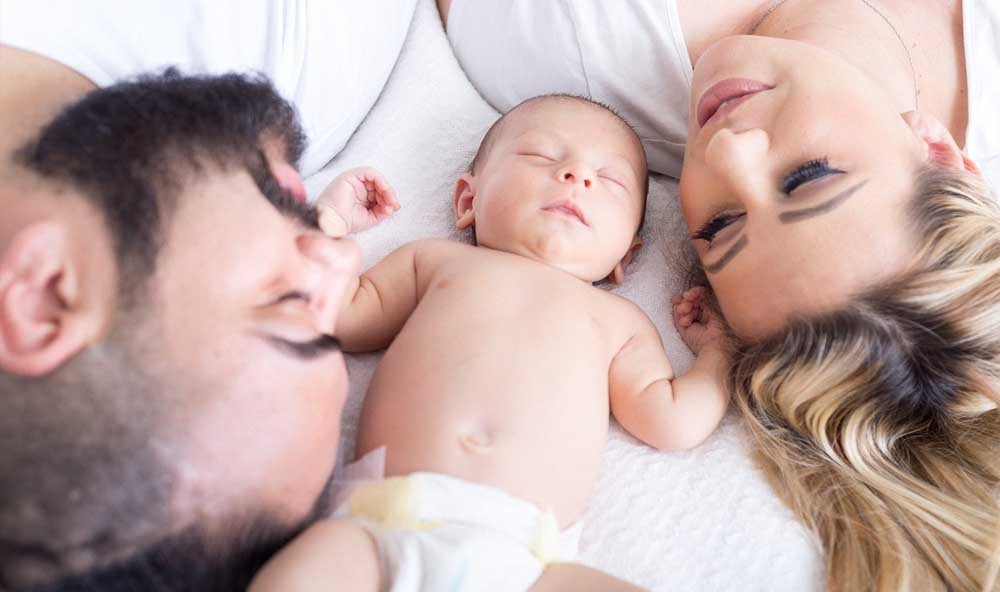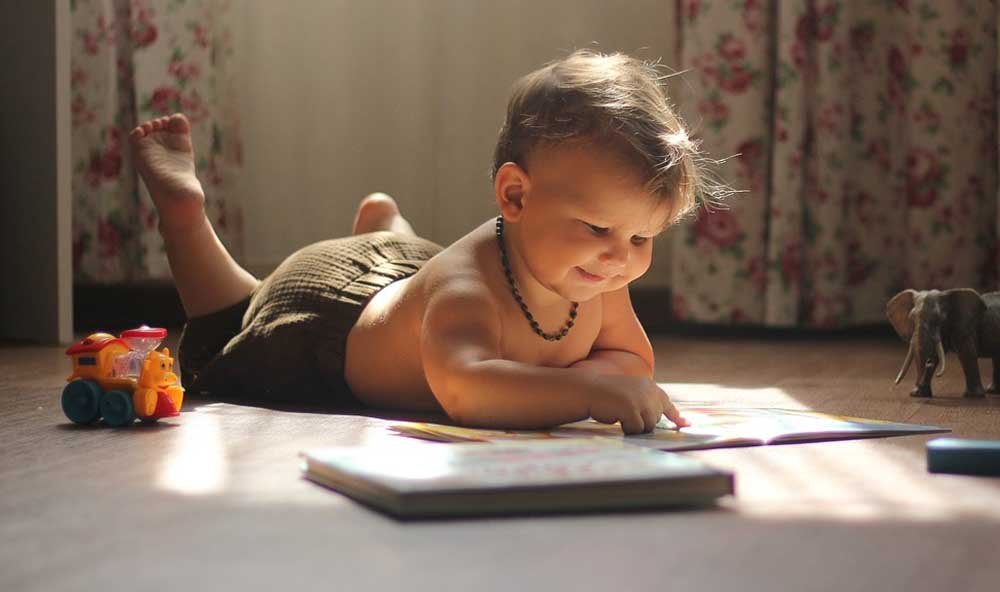Children’s first milk teeth start to emerge at the age of 6-12 months, and usually, a child has a complete set of 20 milk teeth by the time they reach 2.5-3 years of age. The World Health Organization (WHO) and the American Academy of Pediatric Dentistry recommend that the first dental examination be done between 6 months and 1 year of age, shortly after the first tooth emerges. Pediatric Dentistry Specialist Dt. Nurgül Demir, who provides important explanations about baby dental health, offers important advice to parents.

With the eruption of a baby’s first teeth, Pediatric Dentistry Specialist Dt. Nurgül Demir emphasizes the importance of instilling proper oral hygiene habits for their babies. She says, “Preventing tooth decay from the moment milk teeth emerge and planning the most ideal and protective treatment for teeth that should remain in the mouth until the ages of 10-12 is essential. Especially for babies with diagnosed illnesses who need to take regular medication, arranging oral hygiene habits specific to the patient, selecting oral hygiene products tailored to the patient, and regular check-up appointments are crucial for minimizing the risk of decay or detecting decay in the early stages.”

Babies can be born with teeth
Nurgül Demir points out that sometimes babies can be born with one or a few teeth in their mouths, which can affect their feeding and may pose certain risks if the teeth are loose. She emphasizes that this is a situation that must be consulted with a pediatric dentist, and the dentist will plan the appropriate treatment based on the condition of the teeth. Nurgül Demir lists the following measures to ensure the baby’s teeth are healthy and strong:
Both breast milk and baby formulas have cariogenic properties. After breastfeeding or using a baby bottle with ready-made formula, be sure to clean your baby’s teeth and gums with a baby toothbrush or a clean gauze cloth. This way, you can get rid of the sticky coating called bacterial plaque, which causes tooth decay.
- Give your baby pure, organic milk. Remember that sweetened milk with sugar or honey increases your baby’s risk of decay.
- Avoid using a baby bottle for your baby after the age of 1. Prefer small cups or teaspoons to feed.
- Never put your baby to sleep with pacifiers or bottles sweetened with honey. This habit is a major cause of early childhood cavities.
- Especially before bedtime, cleaning your baby’s teeth surfaces, and if nothing else, putting them to sleep by drinking water is essential to balance the acidic environment in the mouth. This is because nighttime saliva flow is very low, and its cleaning effect on the teeth is reduced.
- Brush your baby’s teeth with an appropriate toothpaste and a soft-bristle brush at least twice a day.
If your child has developed the habit of spitting, start using fluoride toothpaste when they reach the age of 3, and use only a pea-sized amount of toothpaste. Ensure that your child spits out the toothpaste after brushing.

Try to wean your child from finger or pacifier sucking by the age of 4.
Visit a dentist every six months.




























